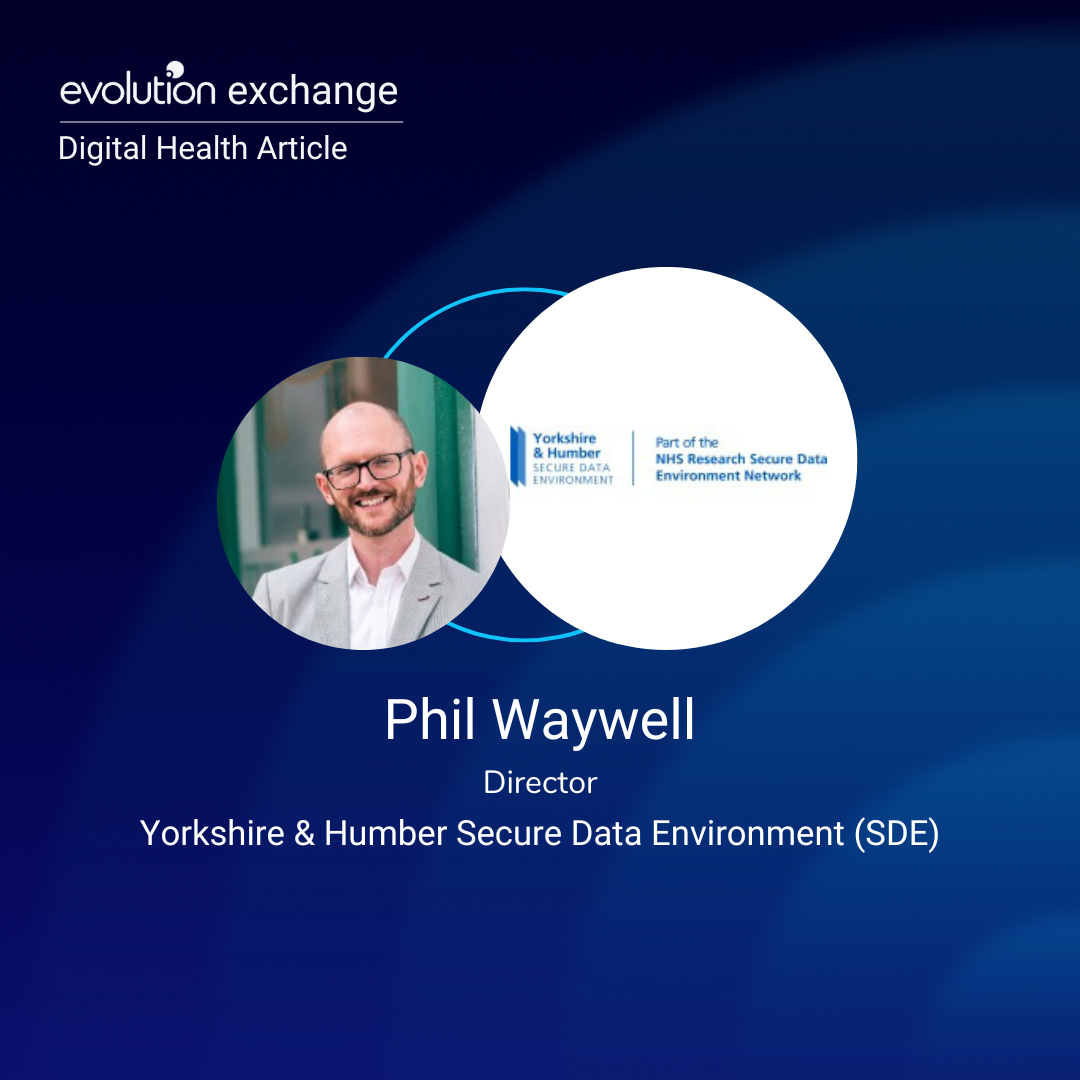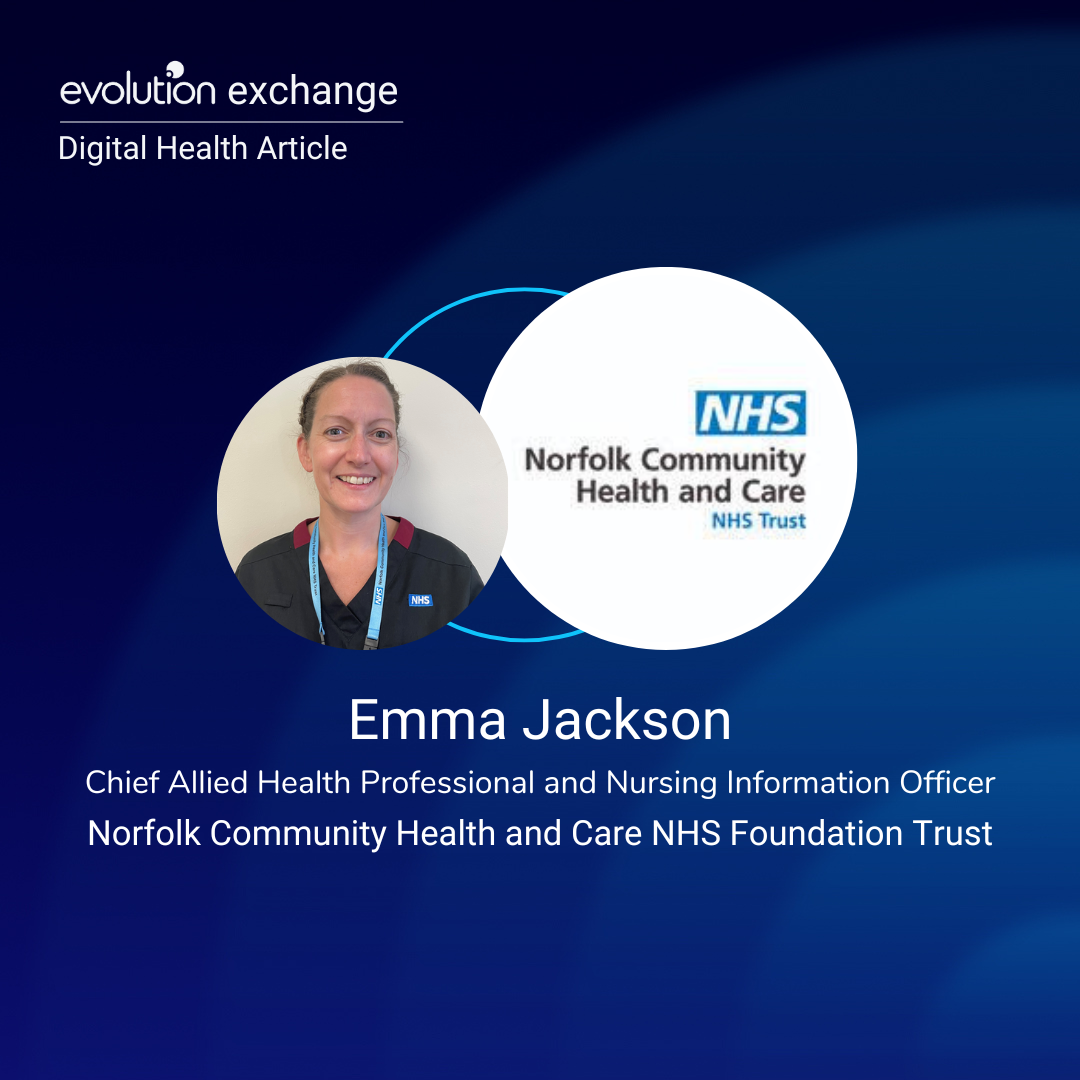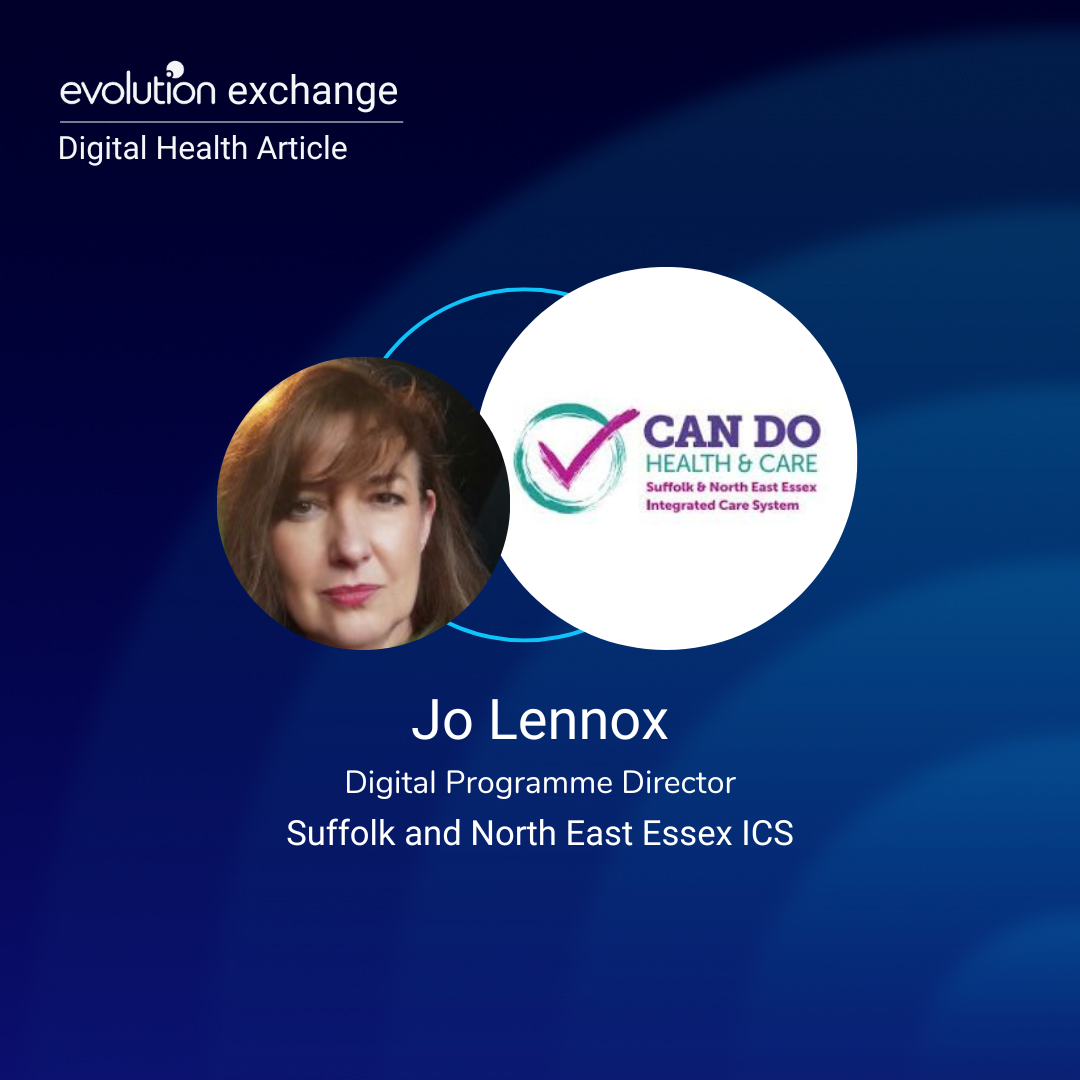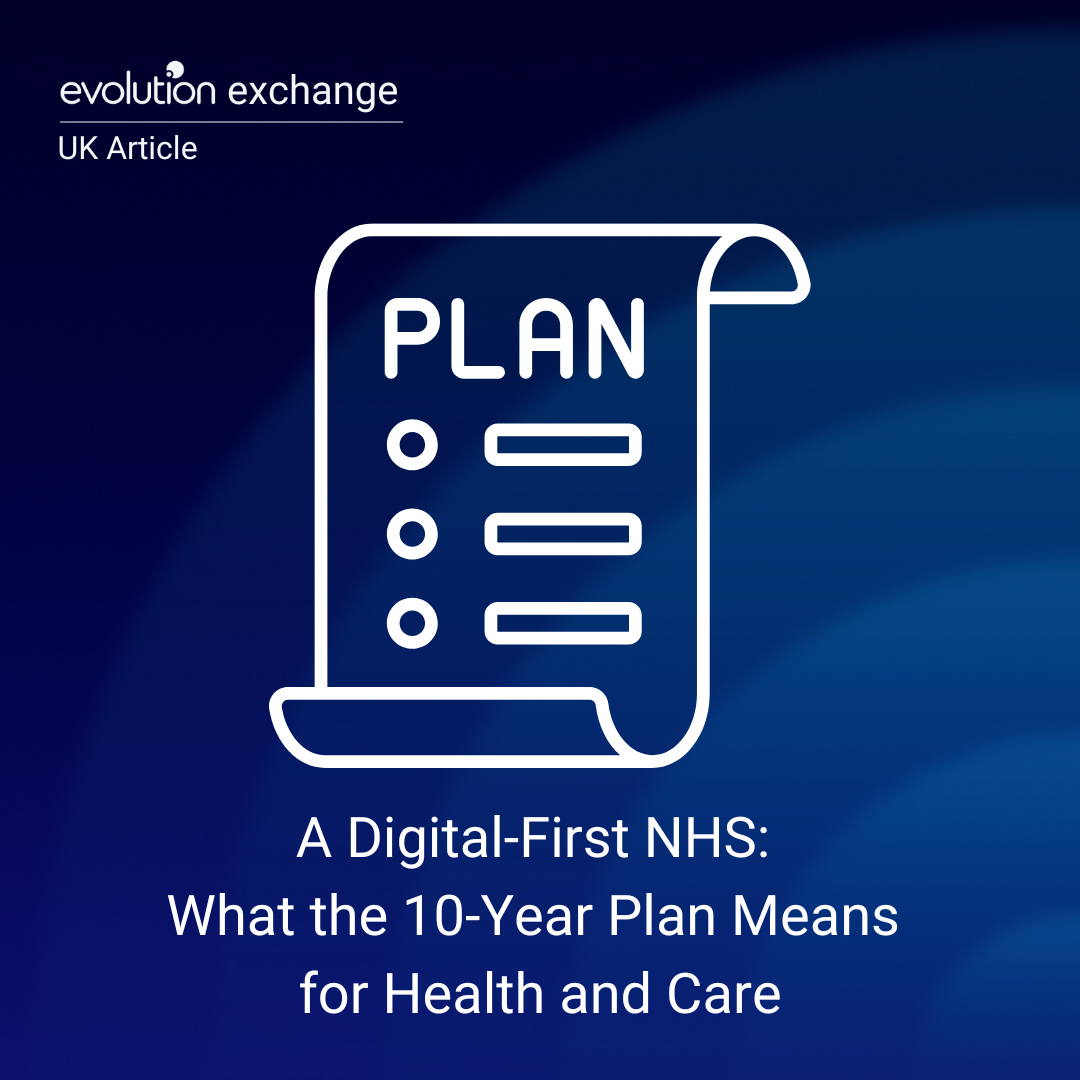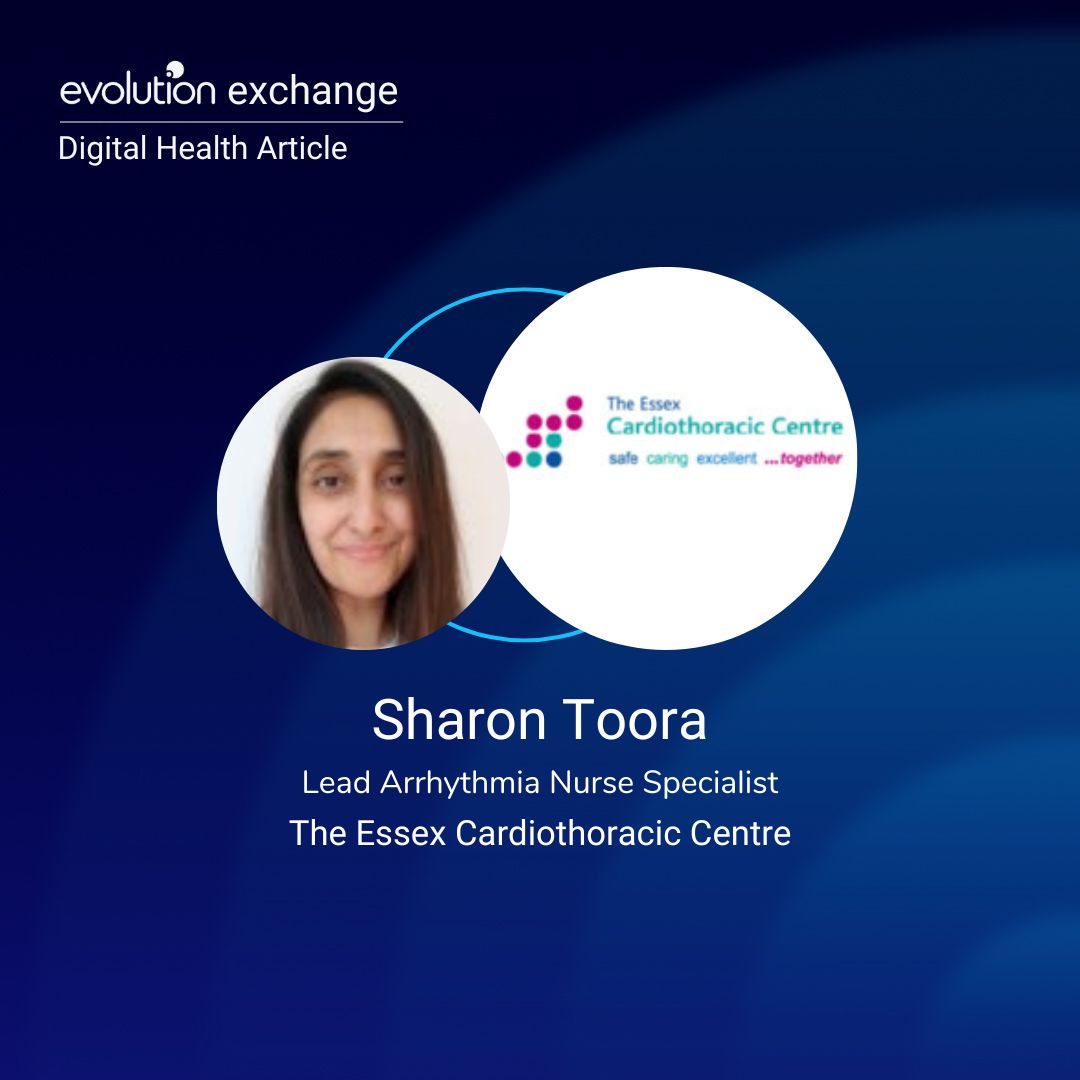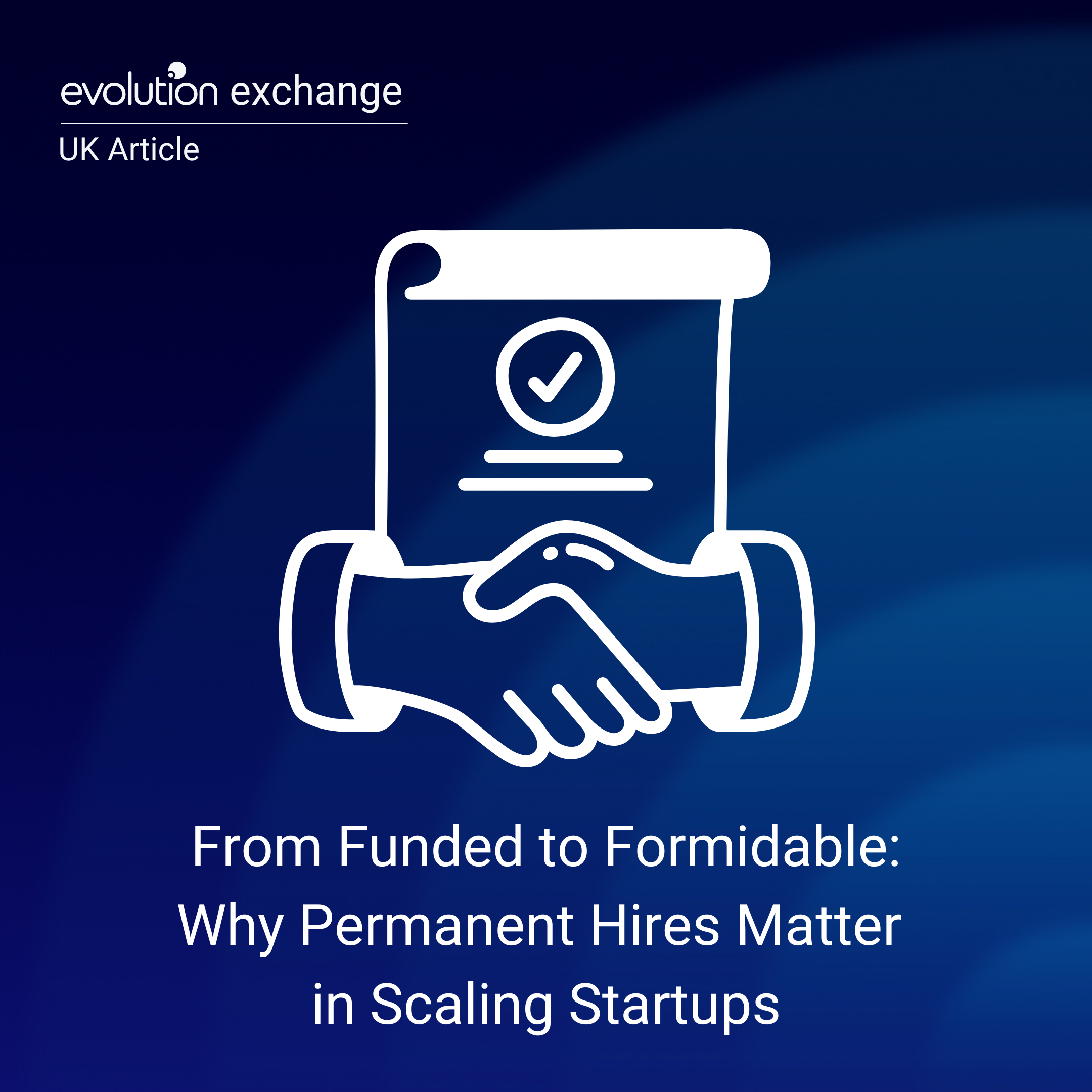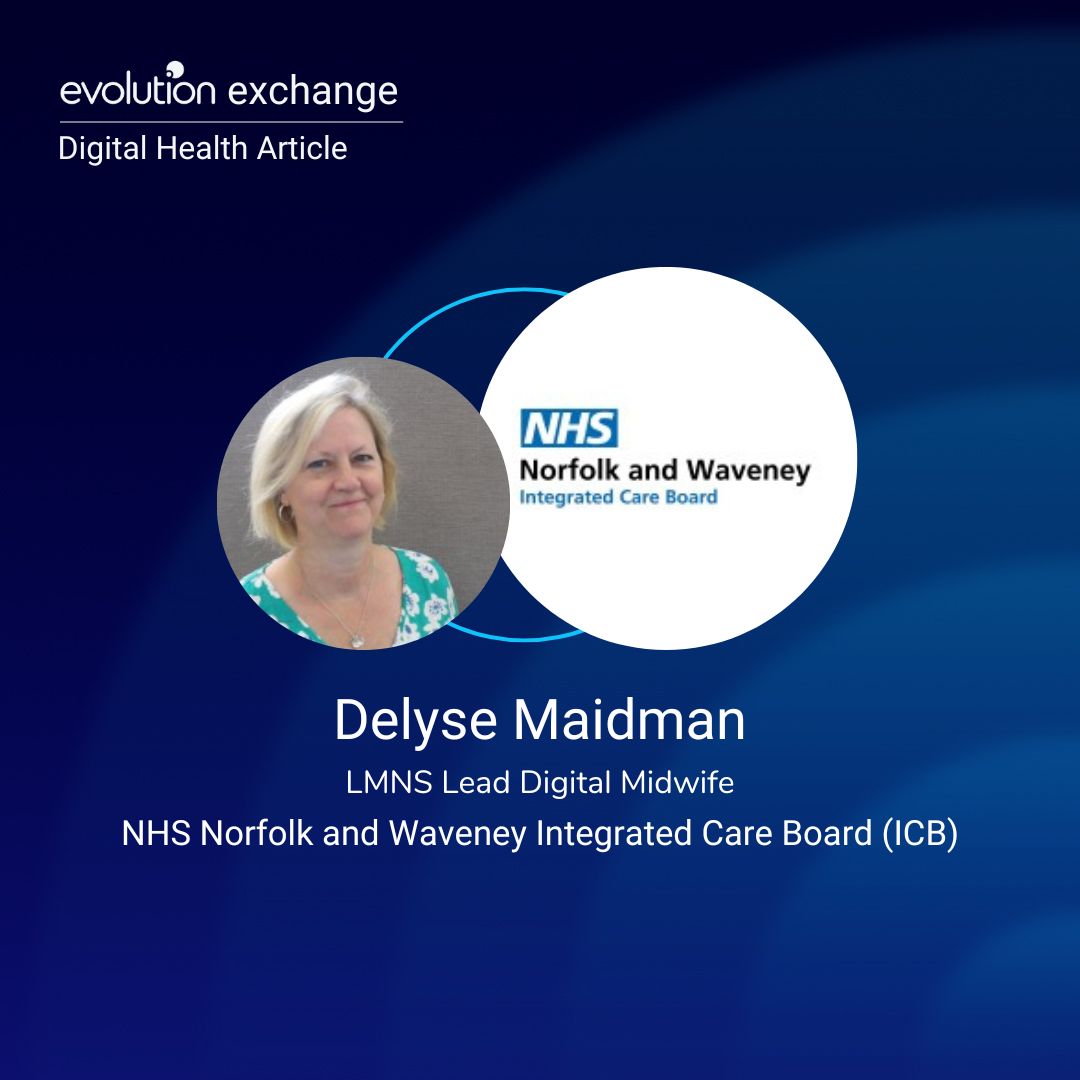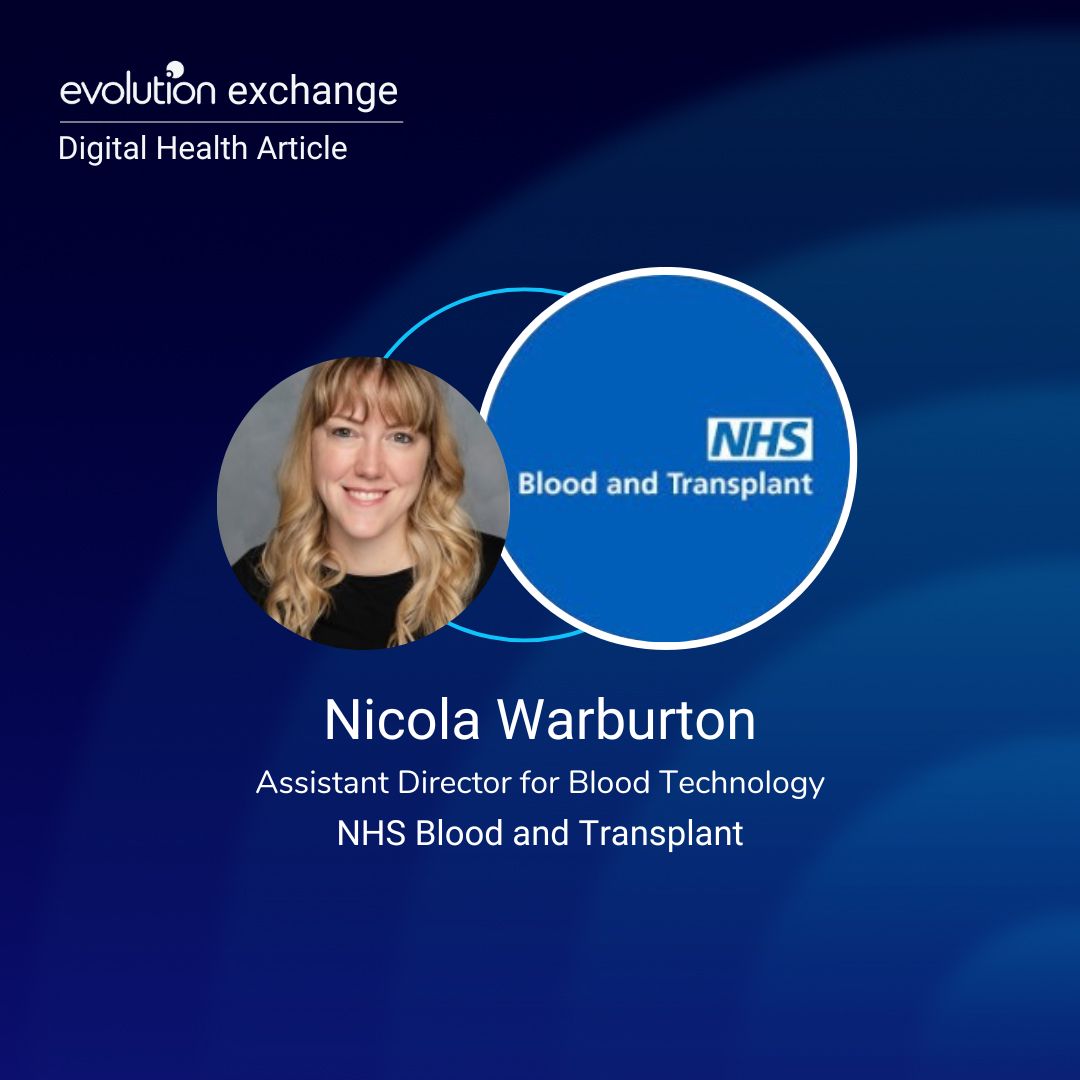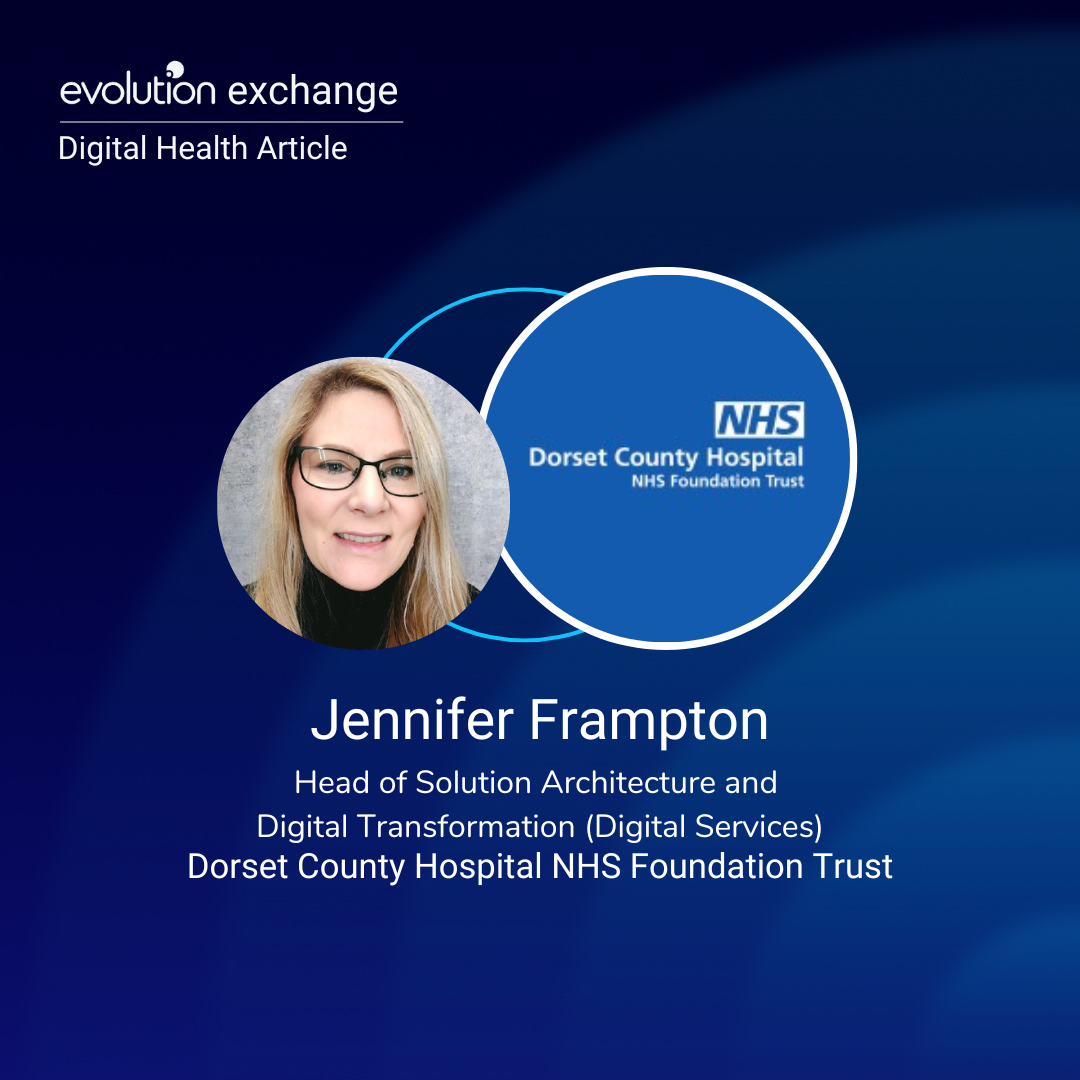Phil Waywell’s path to becoming Director of the Yorkshire and Humber Secure Data Environment wasn’t conventional. With a background spanning 15 years in higher education before transitioning to healthcare, his journey has been shaped by early experiences that taught him the power of inclusive leadership – and later, by personal challenges that deepened his understanding of what it means to be an effective ally.
Early Foundations: Learning from Nobel Prize Winners
Phil’s approach to leadership was fundamentally shaped by his first professional role, working alongside a diverse group of senior academics. “Everything from fashion designers through to medical physicists, and sociologists, and engineers,” he recalls. Among them were “a couple of Nobel Prize winners” and “the current poet laureate.”
Rather than feeling intimidated by such intellectual heavyweight company, Phil discovered something transformative about their working culture. “We deliberately tried to build a culture where everyone in the team irrespective of seniority or standing was on a level footing. We had a rule to leave your ego at the door.”
This early experience became the cornerstone of his leadership philosophy. “I saw that in practice and it was one of my first experiences in the professional context,” he reflects. “It’s something that I’ve tried to retain either in the teams that I lead or the organisations in which I work.”
A Personal Catalyst for Change
The transition from academia to healthcare wasn’t purely professional – it was deeply personal. After 15-16 years in higher education, Phil faced a pivotal moment when a close family member passed away. “That forced a rethink for me in terms of where did I want my career to go?” he explains. “I was thinking, can I see myself doing another 15, 16 years of this? And the answer was no.”
Witnessing his family member’s experience with the healthcare system, which “was okay, it could have been better,” sparked his interest in healthcare data. “I was drawn towards the idea of making better use of healthcare data to help people like my family member,” he says.
Understanding Allyship Through Personal Experience
Now leading a team of 50 people across multiple disciplines, Phil brings a nuanced understanding of allyship to his role. He’s candid about his position of privilege: “I recognise that I’m in a group, a demographic that is in many workplaces, the majority. I’m middle aged. I’m white. I’m a bloke. I tick all of the boxes for the group for whom the ways of working have probably been designed over many decades by people like me to suit people like me.”
However, his perspective on allyship was profoundly shaped by his own experience of workplace bullying earlier in his career. “Unfortunately, I found myself in a position where I was a victim of workplace bullying,” he shares. “It took me a long time to come to terms with that. It took me about a year to even admit to myself what was going on because I really struggled with seeing myself as a victim.”
This difficult experience, while challenging, became transformative. “I’d like to think that experience of being put in a position where I felt isolated and marginalised makes me more attuned to situations that might make others feel that way and almost try and anticipate them and avoid them,” he explains.
Defining Effective Allyship
For Phil, allyship goes far beyond good intentions. “I don’t think allyship can be me thinking that’s not fair on behalf of somebody else. If I am going to say I’m an ally, that means I have to be taking tangible steps to try and change that status quo,” he emphasises.
His definition is both practical and accountable: “I want the colleagues from those underrepresented groups to feel a positive change. It has to be something real to try and change the situation.”
Practical Allyship in Action
Phil’s approach to allyship manifests in both systematic programs and daily practices. He’s been a supporter of the Health Data Research UK Black Intern Programme for several years, having hosted three interns and encouraging others to participate. The programme, which started with about 40 participants and has grown to around 120, provides paid eight-week internships for members of the black community looking to enter health data science.
More fundamentally, he’s restructured how his team operates. “The expectation for me is you deliver the role. I’m not going to micromanage you, I’m not going to timesheet you because we don’t need to in our role. As long as you’re delivering, manage your time as you see fit,” he explains.
This flexibility extends to practical considerations: “Having that flexibility to manage your time means for instance, in my case, this morning, I could start work proper about half 10 because I went to see our youngest at sports day.”
Building Trust and Confronting Challenges
Central to Phil’s leadership approach is trust. “My starting position is I will trust people to be professional and I’ll respect them as a professional,” he states. However, he acknowledges this comes with risk: “I think you’re also making a decision to trust them with your name and your reputation as well, because you’re often the public face of the organisation or team.”
When it comes to addressing poor behaviour, Phil advocates for thoughtful intervention rather than confrontation. “My view of the world is if you see some poor behaviour, and you don’t act upon it, then, to some degree you are condoning it. If others witness you doing that, especially in a leadership position, they may start to display the same behaviours and the problem spreads’ he says. His approach typically involves following up privately rather than public confrontation, often working with HR professionals to navigate complex situations constructively.
Advice for Future Allies
Drawing from his experience, Phil offers practical guidance for others seeking to be effective allies. His primary advice centres on listening: “Be quick to listen and slow to speak,” he emphasises. “Spend time trying to understand things from other people’s perspective rather than jumping to conclusions.”
He also advocates for practical considerations that require minimal effort but significant impact: scheduling meetings in the middle of the day to accommodate caring responsibilities, being mindful of religious observances like Friday prayers and creating inclusive social events that don’t centre around alcohol.
The Ongoing Journey
Phil is realistic about his position on the allyship continuum. “I’d love to be able to say that without question I’m in the advocate all day every day category. But the realist in me says, sometimes I slip,” he admits. What matters, he suggests, is the ongoing commitment to growth and the willingness to be called out by team members when needed.
His story demonstrates that effective allyship isn’t about perfection – it’s about consistent effort, genuine listening and the courage to use one’s position to create meaningful change for others.










